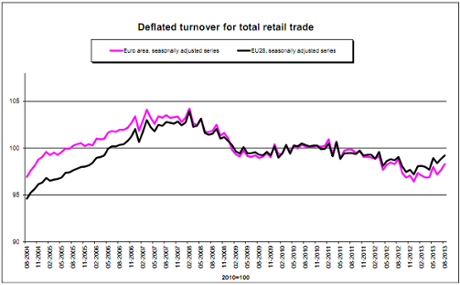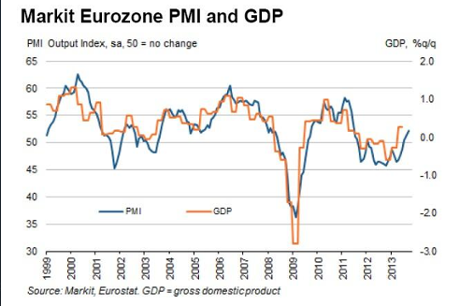 Berlin - A new bargaining chip has emerged in the ongoing German coalition talks: the idea of holding referendums on major EU decisions - be it bailouts, enlargement or more transfers of sovereignty to Brussels.
Berlin - A new bargaining chip has emerged in the ongoing German coalition talks: the idea of holding referendums on major EU decisions - be it bailouts, enlargement or more transfers of sovereignty to Brussels.
The idea was formulated in a joint working paper drafted by Hans-Peter Friedrich, a member of Angela Merkel's Bavarian sister party (CSU) and currently the country's interior minister, and Thomas Oppermann, a member of the opposition Social Democrats (SPD).
A grand coalition would be a unique opportunity for "modernizing our democracy," they wrote.
More referendums - which currently can be held only on constitutional matters or if the country's borders are changed - would give voters the chance to "influence political decisions also in-between elections," they added.
In their leaked paper, the two politicians argue for a "careful transition to direct democracy," for instance when 1 million people gather signatures on a matter or if the parliament wants to consult the population on a specific law.
The paper also argues that referendums should be held on EU matters of "great significance" - such as EU enlargement, transfer of powers to Brussels or another eurozone bailout.
Merkel's Christian Democrat party (CDU) was quick to dismiss such wide-ranging plebiscites, saying there was a risk of them being hijacked by populist campaigns.
"There are still serious doubts about the introduction of referendums at national level," said Guenter Krings, the deputy leader of the CDU in the Bundestag.
The chairman of the EU affairs committee in the parliament, Guenther Krichbaum, said such a change would bring about the "advent of populism" in Germany.
The Social Democrats have also distanced themselves from referendums on EU matters.
They say plebiscites should be held on internal matters and formulated in a way that would not give a platform for anti-European campaigns.
"One can leave out certain questions that touch on the core principles of the EU," said SPD secretary general Andrea Nahles.
The issue will form part of coalition talks on Wednesday.
The negotiations are expected to last at least until the end of the month, with a final round expected on 27-28 November. The new government should be in place by mid-December.









